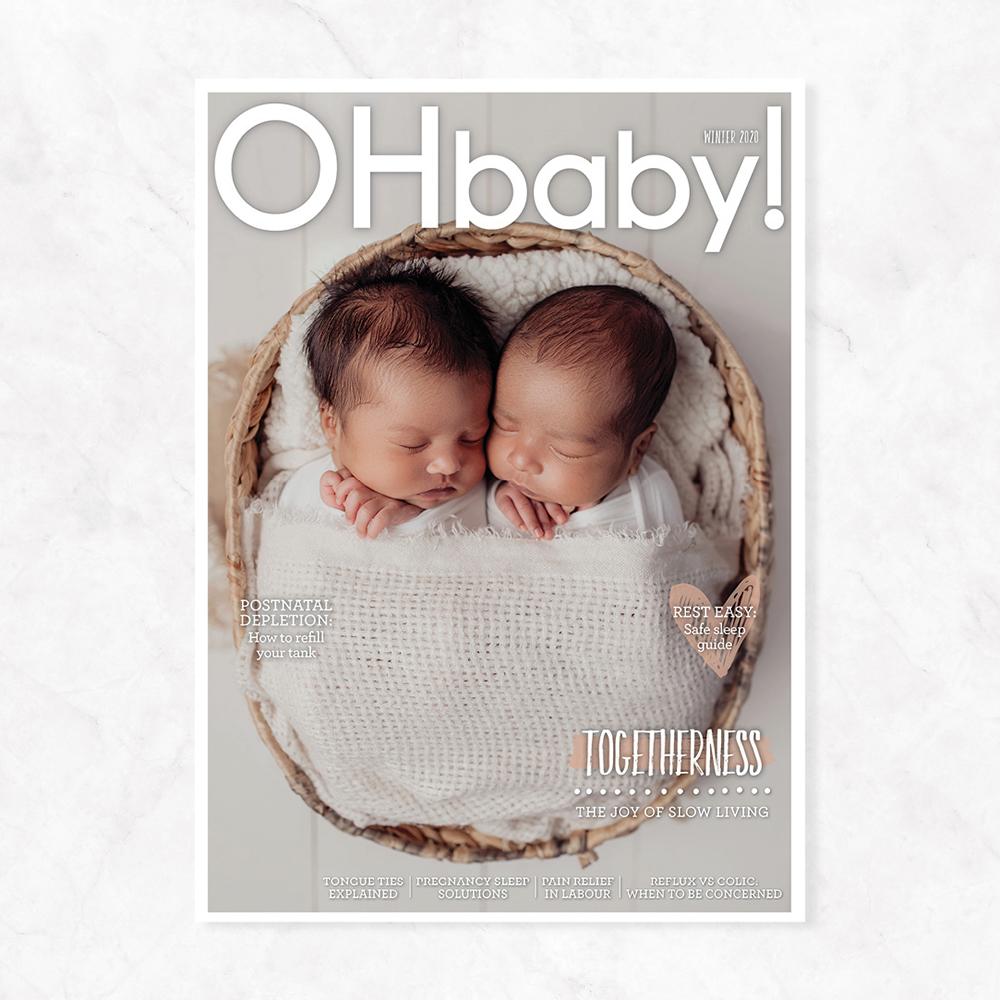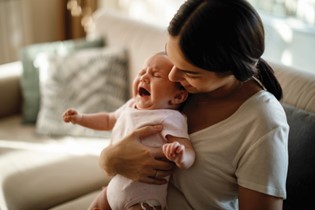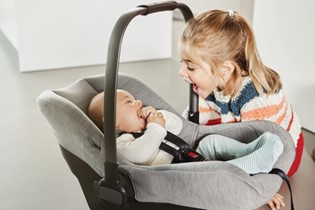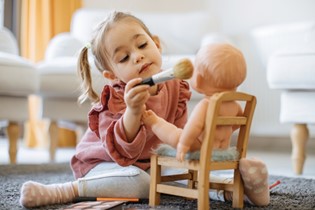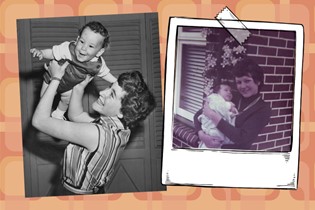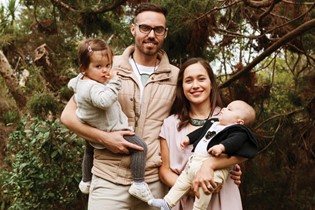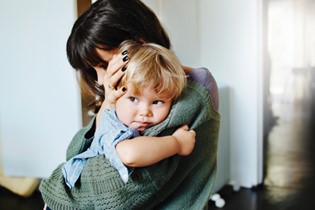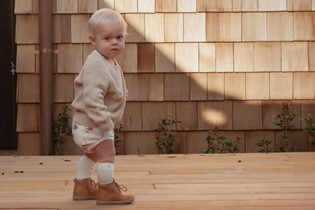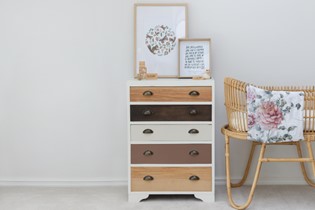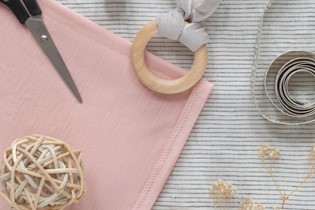Motherhood now vs 50 years ago
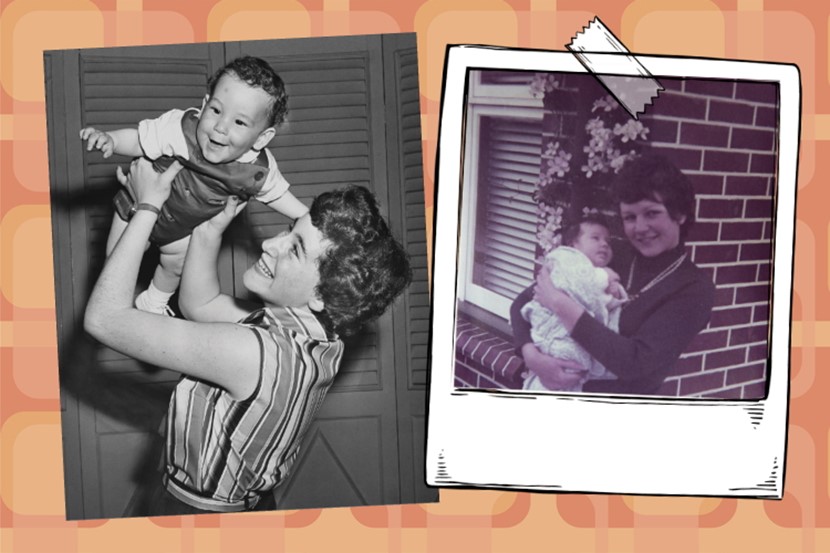
As OHbaby! magazine celebrates its 50th issue, Carly Thomson reflects on how motherhood has changed over the past few generations.
I wish we had those in my day!” a woman exclaims, watching my one-year-old son sucking happily on his purée pouch as we stand in the supermarket queue. I’ve lost count of the number of times I’ve heard that line, whether it’s referring to disposable nappies, white noise machines, baby monitors or sleep consultants. There are a host of products and services that make life easier for the modern mum, so how did mothers get by without them in the past?
THE JUGGLE
Meet Val, Joan and Jill, three Kiwi women who became mothers in the late 1960s and early 1970s. At this point in history, the women’s movement had just started to make waves but in New Zealand the majority of mothers were lucky if they saw a slight ripple. Despite their growing desire to be more independent, Kiwi women of the 1960s and 1970s were still unable do things like hire a TV without a male guarantor or to take out a mortgage in their own name. Parental leave had not yet been introduced and there were no daycare centres, meaning most women had little choice but to leave their jobs when they had children. “In my day, girls had to leave work,” says Val, who became a mother for the first time in 1973. She struggled without her parents living close by. According to Val, support from grandparents was the only way to make the baby-and-career juggle work. It was also difficult to re-enter the workforce later on as employers were often reluctant to take on working mums, she explains. Fast-forward 50 years and workplaces are now beginning to recognise the working mother as a valuable asset (name a more efficient project manager than a busy mum), and flexible hours and even job-sharing is encouraged. However, while the majority of Kiwi mothers 50 years ago weren’t juggling a career and a baby, a typical day was busy in other ways. The task of washing nappies took at least an hour out of each day, and Jill, who had her three children in the mid-to-late 1960s, didn’t own an electric washing machine until she’d had her third child. On top of the washing and childcare she also prepared a cooked breakfast and a cooked lunch for her husband every day, and dinner had to be ready when he got home at night. “There was never enough time to do everything,” she says. “Housekeeping standards were very high. Many of us even insisted that the dining table was polished every day.” For Jill, ‘me time’ was chopping firewood (yes, you read that right!). “When my husband got home from work I’d say, ‘You bathe the kids, I’m going outside to chop the wood’!” she laughs. “When you have three little ones at home all day there’s nothing to measure how well you’re doing as a mother, whereas I could see how well I was chopping wood!”
When asked if they had any quality time to themselves during the early years of raising children, the answer from all three is a resounding “No”. Yet having ‘me time’ is a must for modern mums. We’re entrenched in the self-care mentality, and regular manicures and/or pedicures, coffee dates, girls’ weekends and gym outings have become the norm.
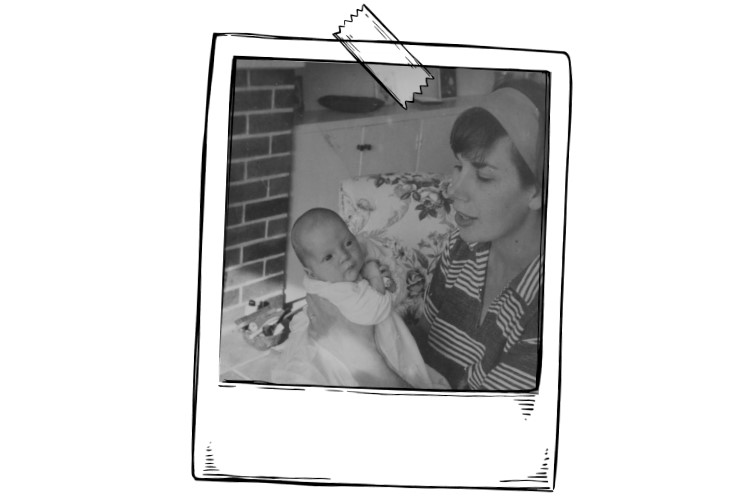
CONNECTION AND COMPETITION
So without coffee dates and girls’ weekends, how did mothers stay connected 50 years ago? They did catch up with friends, but it was far less frequent than we do today. There were no official coffee groups or activities like Mainly Music, and of course, no social media. Although our connected age has its benefits, an unfortunate side effect is the temptation (literally always at our fingertips!) to compare and compete with other mums, in particular in an online setting where only the best photos are shared. Yet even 50 years ago, comparison and competition between mums was an issue. Joan, who became a mother in the mid-1970s, remembers other mums at kindy boasting about milestones their children had passed, such as when they’d spoken their first word. “I still know some of those women today and they’re still competitive,” says Joan. “Now it’s about what job they have or how many grandchildren they have, so maybe it’s just the nature of some women.”
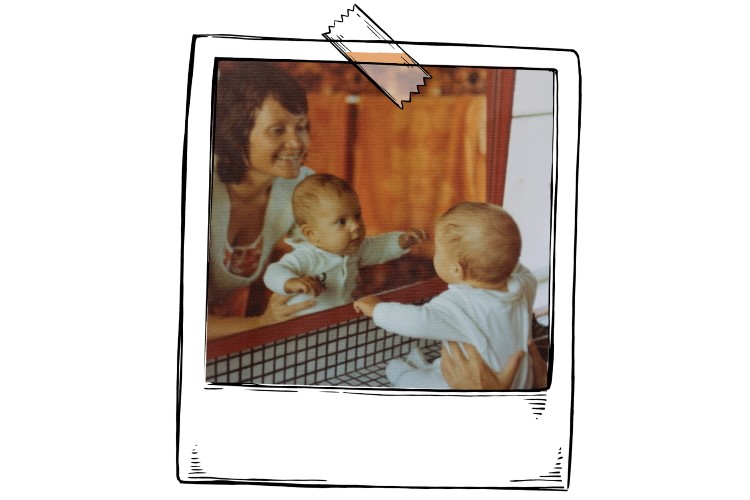
‘LESS’ WAS MORE
Jill believes mothers today have an “overdose of knowledge”, with the potential answer to every cough and rash just a Google search away. Fifty years ago, Plunket was the go-to organisation and was renowned for its strict disciplinary approach to raising babies. Plunket instructions included putting babies on a strict routine, feeding them every four hours on the dot, with no night feeds. A 1952 Plunket book even says, “Fond and foolish over-indulgence, mismanagement and ‘spoiling’ may be as harmful to an infant as callous neglect and intentional cruelty”. This is a rather different message to today’s mantra which goes along the lines of ‘you can never spoil a baby’! That strictness wasn’t always easy to bear. Jill reflects that her “constantly hungry” daughter should have been fed every three hours, “but I was told it should be every four hours so I stuck to it.”
And while bed rest and recovery for new mums was the priority (many women were not allowed out of bed for days), imagine not being able to cuddle or feed your newborn baby whenever you wanted. Instead, babies were taken to their mother every four hours (of course!) for feeding, and Jill still remembers the gut-wrenching pain of being in bed hearing the newborn babies crying and wondering which one was hers.
Also, husbands had no role whatsoever while their wives were giving birth. Nuns ran the maternity ward where Jill had her babies. “What they said went,” she recalls. “The husbands were told to go and have a cigarette, and once the baby was born they were only allowed to look at them through the hospital’s nursery window.” Although Jill concedes that she struggled with things like the strict four-hour feeding routine, she believes that parents today are too easy on their children. “We were the antithesis of helicopter parents,” she says. “We were harder on our children, whereas parents today seem to give in to their children too easily.”

A NEW ERA
The 1970s saw some of those rather draconian methods beginning to lose favour, thanks to the advocacy of organisations such as the pro-breastfeeding La Leche League, and the legendary US paediatrician and author Dr Benjamin Spock, who promoted a more relaxed and intuitive approach to rearing children. However, not all the changes were welcomed. My mother vividly remembers how, after giving birth to my brother in 1977, she was served the hospital’s last cooked breakfast. The very next day, under a new policy, she was served cold toast and cornflakes. Yet up until the 1980s, most women were able to stay in hospital for at least 10 days after giving birth, in stark contrast to the ‘in and out’ mentality of today.
A SIMPLER SEASON
The 1950s is synonymous with the idea of picture-perfect and rather subservient housewives, so I was expecting to hear hints of resentment when I spoke to Mary, Norene and Catherine who became mothers in the 1950s. I was surprised to learn that they were all very content during this season of their lives. “It was very tiring, but apart from that I loved being a mother to my young children,” says 89-year-old Mary. “I feel sorry for men because they can’t have babies. I think it’s the most wonderful gift.” Was it rose-tinted glasses or simply because they accepted the way things were, not knowing any different? “Looking back, we were expected to just carry on,” says 87-year-old Catherine. She goes on to say that she would struggle to be a mother now though. “Young people have far more pressures today; the pressure to bring up their children well, manage a home and a job, and pressures from the outside world that we didn’t have.”
UNDER PRESSURE
As the mum of two young boys myself, Catherine’s observation strongly resonates with me. Today, many of us buy into the message that mothers must have perfectly styled homes and kids, a successful career, a happy marriage, and also find the energy to fit in a run three times a week. The pressure we place on ourselves is often the worst kind! We’re also facing very big, and at times very overwhelming, outside pressures (climate change and Coronavirus anyone?). Still, although the 1950s was a relatively stable time, mothers were not immune to extreme difficulties. In fact, some of the experiences they shared took my breath away. Like Norene, who had to send her four children to boarding school when they were just four-and-a-half years old. “The moment I had them on my chest I knew I was going to lose them in a few years,” she says, admitting that she still feels a deep sadness about it. Meanwhile Mary contracted Rubella during pregnancy and gave birth to a daughter who was 90% deaf. Both situations would have been rare in the 1970s and almost unheard of today.
All three women agree that a big difference for mothers today is how hands-on men are with their children. Catherine observes that most mums have partners who take a real role in bringing up the children. “They’re with the children almost as much as the mothers, and that’s a good thing.” With co-parenting now the norm, mothers today have opportunities that women before us never would have dreamed of. Although Mary told me how content she was as a mother, she also said that she’d have loved to have been a writer too. Her comment made me realise how lucky I am to be both a mother and a writer myself, and to be grateful for my husband, who, at that very moment, was at home with the kids.
In talking with these wonderful women, I’ve realised how strongly motherhood is influenced by the era we live in. What differences our mothers and grandmothers must see in us today! However, one day we’ll be in the same boat, shaking our heads as we watch the next generation parent in an utterly foreign fashion. I’ve also realised how much the mums of yesteryear have to teach us, especially about the art of contentment. Maybe it would be better turning to them for advice and words of comfort and wisdom before turning to Google.

2020 VS 50+ YEARS AGO
◽ Baby sleeps on their back in a sleeping bag vs baby sleeps on their side (rotated each sleep) with blankets.
◽ Solids introduced at six months vs solids introduced at three months.
◽ Breastfeeding encouraged vs bottlefeeding encouraged.
◽ In hospital for 2-3 days after giving birth vs in hospital for at least 10 days after giving birth.
◽ Internet for advice vs Plunket or Dr Spock for advice.
◽ “You can never spoil a baby” vs “Spoiling may be as harmful to an infant as callous neglect and intentional cruelty”.
|
PEARLS OF WISDOM “Don’t sweat the small stuff, pick your battles. Is it really worth getting upset over?” - Val “If your children know that you love them and that they’re important, that will set them up for life.” - Mary “No matter what’s going on in society – if the home is stable, that’s the most important thing.” - Mary
|
Carly Thomson is a mum of two boys and an events marketing manager, with a recently rediscovered love of writing. She’s very thankful for the support and wisdom passed on to her from her mother and grandmother.

AS FEATURED IN ISSUE 50 OF OHbaby! MAGAZINE. CHECK OUT OTHER ARTICLES IN THIS ISSUE BELOW
